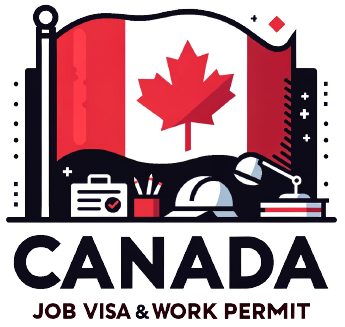The field of Early Childhood Education (ECE) in Canada is flourishing, offering international educators diverse opportunities. This comprehensive guide explores the steps to obtaining a Canadian work permit in this vital sector, integrating recent updates on the process and requirements.
Understanding the Canadian ECE Landscape:
Canada’s ECE sector emphasizes education for children from infancy to age eight. With various programs across provinces and territories, it’s crucial to understand regional educational standards and requirements.
Eligibility and Immigration Process:
To immigrate to Canada as an ECE, one must first determine eligibility based on factors such as nationality, age, language ability, education, and work experience. The National Occupational Classification (NOC) code for ECE is 42202, a key component in the job application and immigration process. Finding a job in ECE involves researching job posts, preparing a Canadian-style CV, and securing an employment offer letter.
Work Permit Application Process:
Most foreign nationals require a work permit to work in Canada. There are two main types: employer-specific and open work permits. The former is linked to a specific job, while the latter allows for more flexibility. Essential documents include an LMIA or an offer of employment number from the employer.
Employment Requirements and Professional Standards:
ECE roles in Canada require a certain level of education and professional credentials, varying by province. This typically includes a college program or a bachelor’s degree in early childhood education, along with licensing or certification in certain provinces like Ontario and British Columbia.
Professional Certification and Licensing:
Certification and licensing for ECEs are regulated provincially. Prospective educators should contact the relevant regulatory bodies in their preferred province to understand specific certification processes, as these vary significantly across Canada.
Career Opportunities and Development:
For those interested in administrative roles in ECE, staying informed about occupational standards and engaging in professional development through organizations and networking is crucial. This can involve joining professional organizations like the Canadian Child Care Federation and participating in their offerings.
Enhancing Your Application:
Gaining Canadian ECE certifications or completing relevant courses can bolster your application. Understanding and demonstrating knowledge of Canadian educational approaches is advantageous.
Navigating Legalities:
The legal aspects of obtaining a work permit can be complex. Consulting with immigration experts or legal professionals specializing in Canadian work permits is recommended.
Conclusion:
A career in Early Childhood Education in Canada is accessible with the right preparation and understanding of the Canadian educational system. International educators can embark on a rewarding career in Canada’s ECE sector by following these detailed steps and meeting the requirements.

